by Timothy Karr | Free Press
By now it seems pretty clear that Senator Ted Cruz has a plan to occupy the White House. But he doesn’t want people to know too much about it.
And he definitely doesn’t want you to know about the special interests that have already begun to bankroll his political ambitions.
That’s why the Texas senator’s latest crusade targets the Federal Communications Commission — and its efforts to better identify the funders of political ads.
Cruz has placed a hold on the Senate confirmation of Tom Wheeler to head the agency, despite bipartisan agreement to vote on Wheeler without delay. Cruz wants assurances from Wheeler that the FCC won’t follow the law and require disclosure of the real funders for dark-money political groups that clog the airwaves with negative and misleading ads.
Broadcasters are obliged by law to disclose who pays for political ads in exchange for using the airwaves. It’s a public interest bargain stretching back almost a century, and one that forms the foundation of US communications law.
These nominally independent 501(c)4 groups plowed millions of dollars into the 2012 elections, and there’s every indication they’ll be back in even greater numbers in 2014.
And while the Federal Elections Commission is limited in its ability to identify the funders of the groups that emerged in the wake of the Supreme Court’s Citizens United decision, the FCC has a clear legal path to mandate transparency.
